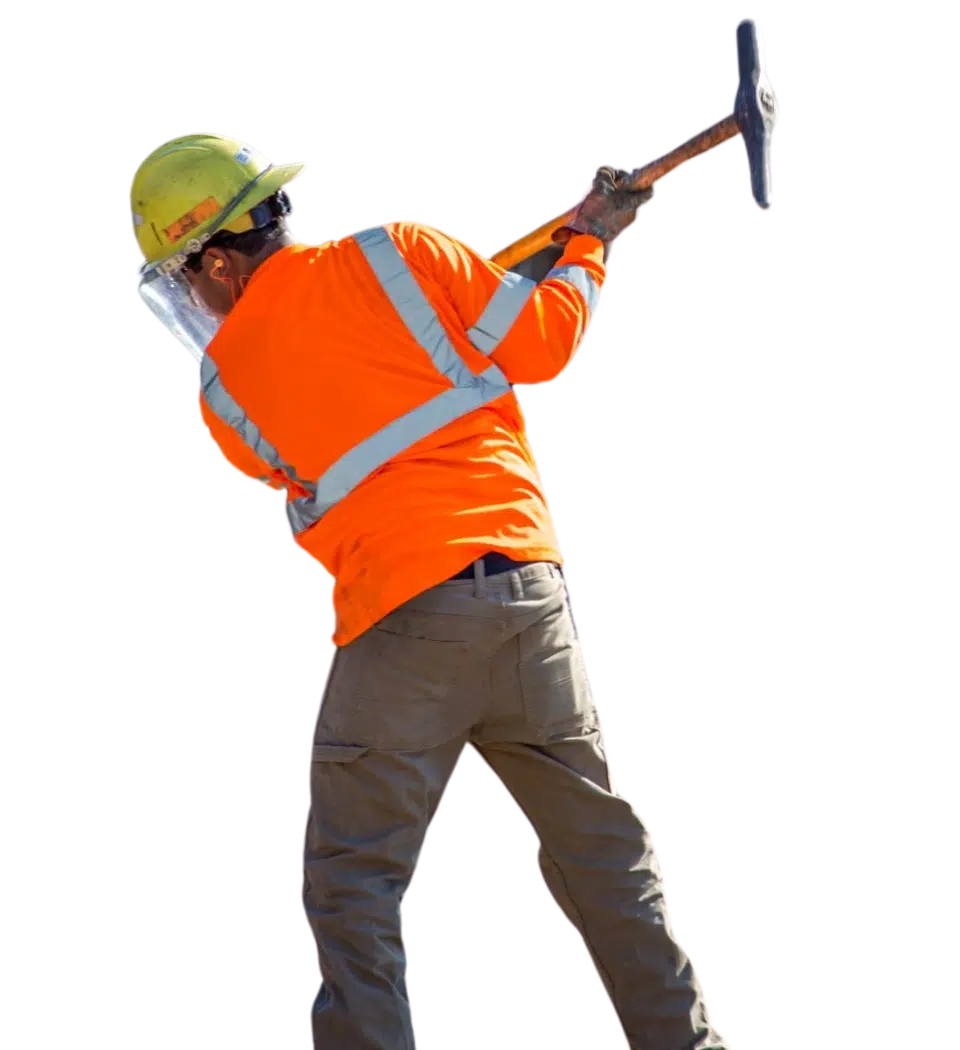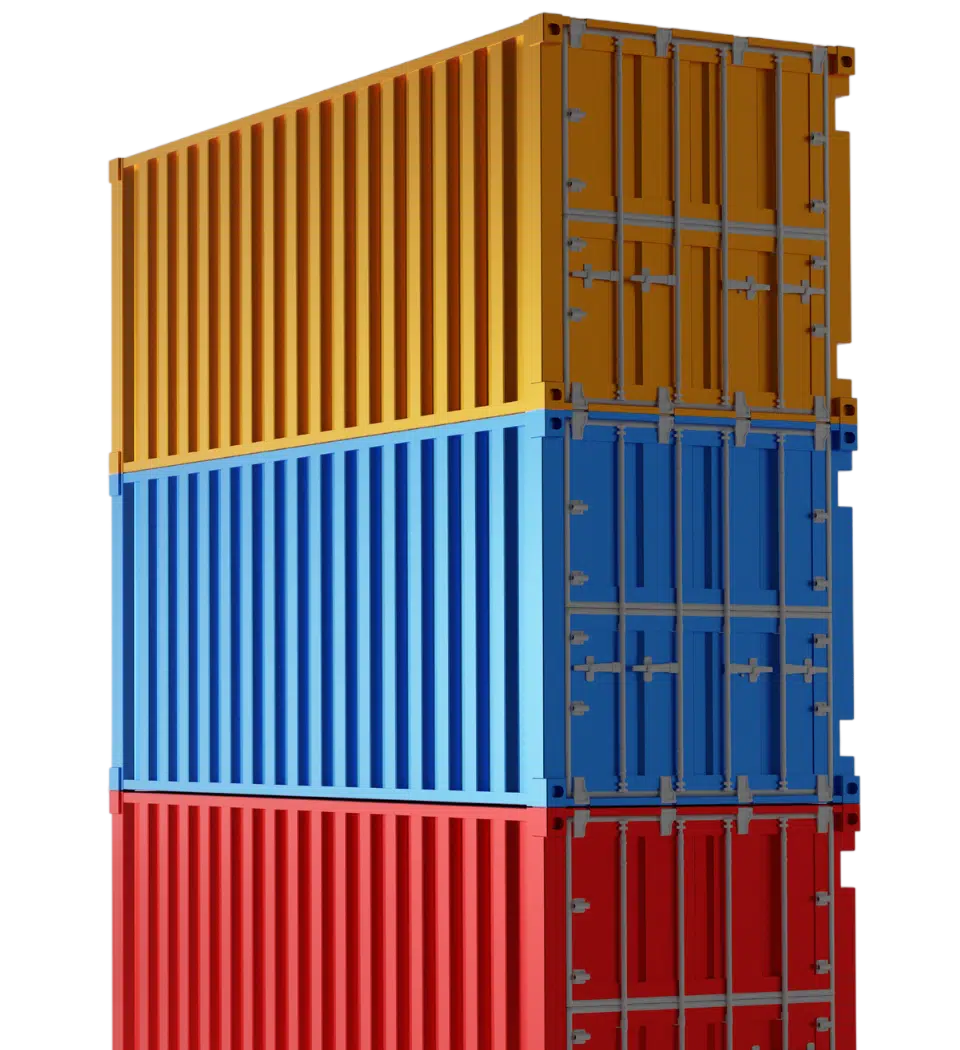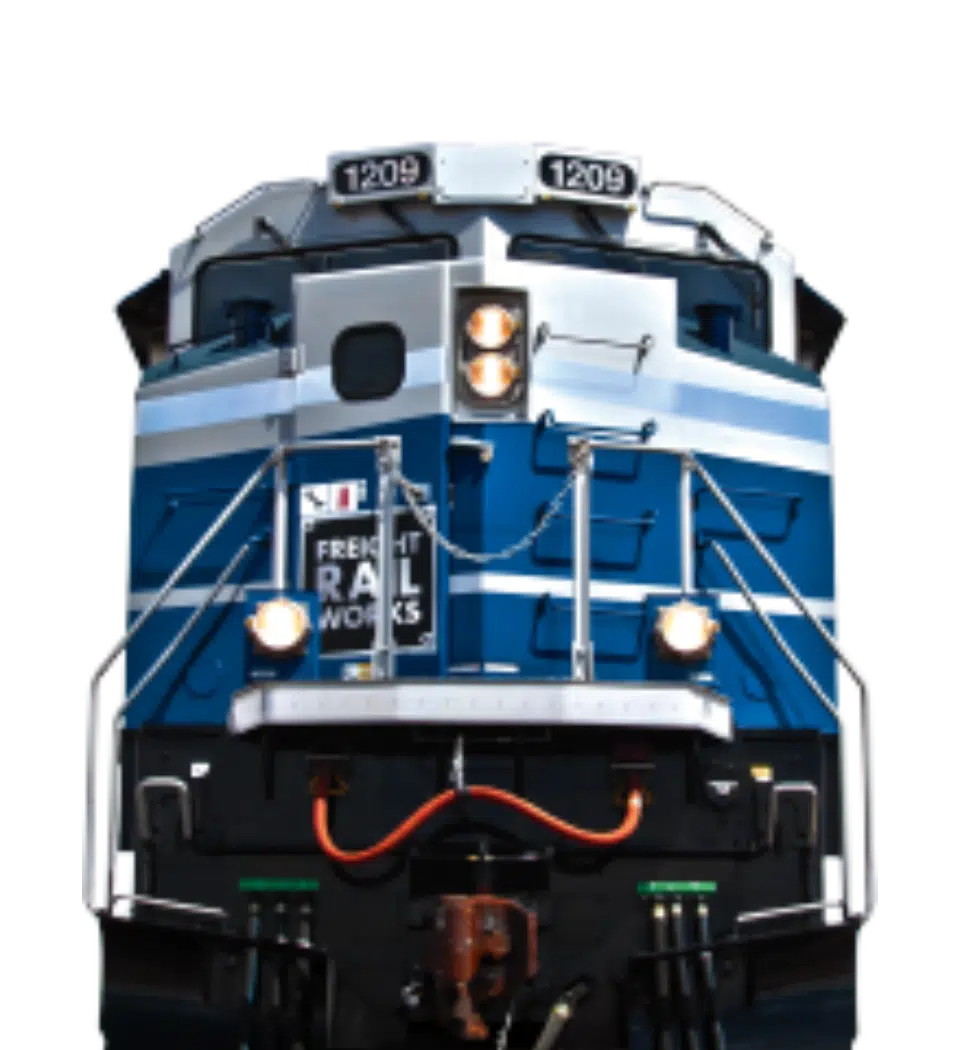Key Takeaway: Railroads must have smart policies that allow them — not taxpayers — to continually invest billions annually into their people, infrastructure, equipment and technology. These investments help ensure safe and efficient operations, maintain the modern American lifestyle and keep America globally competitive.
America’s freight railroads, backed by substantial annual private investment of approximately $23 billion in recent years, maintain and modernize the nation’s vast 140,000-mile rail network, ensuring the safest and most fuel-efficient movement of freight over land. They bolster U.S. industries’ global competitiveness, guarantee consumer access to diverse goods and provide some of the highest-paying jobs across the nation. Policymakers can help railroads continue to deliver for America by implementing smart public policies.
Economic Regulation
Freight railroads support a continuation of existing balanced regulatory policies. The STB must not implement wholesale changes that would compromise railroads’ ability to earn the revenue necessary to reinvest in the network and their employees to meet customer demand. STB policies encourage investment, not deter it.


Operational Regulation
The current regulatory approach is largely prescriptive and does not easily allow for the incorporation of the best technologies to improve safety and performance. Policymakers should embrace performance-based regulations that hold railroads accountable for safety performance while also enabling and incentivizing railroads to develop safer, more efficient practices and technology.
Cybersecurity
Freight rail emphasizes the importance of cyber resiliency and maintaining public trust as critical infrastructure. Cybersecurity legislation should enable nimble and effective response capabilities without liability concerns, and direct relevant agencies to establish consistent procedures for timely government analysis and support.


Climate Change
The right policies will help the U.S meet its climate commitments and help the railroads build a resilient network. Policies to reduce greenhouse gas emissions must leverage market-based competition, be grounded in data and be established through a cooperative approach involving stakeholders.
Trade
Freight railroads support free and fair trade. International trade, facilitated largely through free trade agreements, has benefited the U.S. economy. Railroads oppose policies that restrict access to global markets, including the application of tariffs that impose additional costs on rail shippers and industry business operations.


Infrastructure
In addition to maintaining the current economic regulatory framework, Congress should enact policies that ensure a healthy, multi-modal infrastructure network maintained through sustained investments by those who use the infrastructure. Without the ability to make massive investments, the freight railroad network would suffer along with all the companies and industries that rely on it.
The FRA should permit railroads that have used expanded ATI inspections in conjunction with a reduced level of visual inspections to continue and expand their programs because ATI systems reduce derailment risks and allow for better maintenance scheduling.
Congress should call on EPA to prevent the California Air Resource Board (CARB) from moving forward with its new framework. EPA should instead ensure locomotive emissions regulations move forward in a responsible, measured fashion that takes into full account technology readiness, comprehensive costs and benefits of government actions, and impacts on small business.
Efforts to require at least two-person crews in the freight rail industry lack a safety justification and ignore the successful use of single-person crews in the US and globally.
Freight railroads support reforms that would provide greater predictability and transparency in federal permitting processes while ensuring a timely, focused review of the environmental impacts of proposed projects.
The STB should withdraw its Final Offer Rate Review (FORR) proposal because it would harm small shippers and railroads. No other federal government agency reviews regulated rates in this manner.
The freight rail industry opposes the STB’s “forced switching rule” because it would hinder U.S. commerce, increase shipping costs, compromise rail safety and disrupt the supply chain.
Freight railroads prioritize the safe transportation of hazmat and have significantly reduced hazmat accidents through prevention, mitigation and emergency response efforts.
Congress and DOT must facilitate the development and incorporation of technologies like autonomous vehicles because they could dramatically improve the safety of our nation’s roads.
Freight railroads invest billions annually in maintaining and improving the rail network, while roads and bridges face a significant backlog of repairs. Congress should consider increasing the gas tax or implementing a vehicle miles traveled (VMT) tax to ensure equitable funding for infrastructure maintenance and explore long-term solutions.
Congress should not enact H.R. 3896, S.2652 – The Protection of American Jobs in Cross-Border Rail Operations with Mexico Act – because it would prohibit Mexican crews from delivering trains into U.S. rail yards, which would harm the ongoing safety, security, and efficiency of the U.S. rail network and increase blocked crossings and congestion in Laredo, Texas.
U.S. freight railroads provide the literal foundation for most intercity passenger service in America. Policymakers should ensure that the passenger rail service on corridors owned by freight railroads is done safely and does not impede freight rail service.
Railroads are dedicated to adopting new technologies for safety and efficiency, and they advocate for a modern, performance-based regulatory framework that encourages innovation and sets operational goals based on data. Prescriptive regulations are outdated and hinder safety progress.
The freight rail industry supports public-private partnerships, such as the Section 130 program — a federal safety effort to protect the motoring public from grade crossing accidents — and a series of rail-related projects in Chicago known as the CREATE program.
Lawmakers should oppose BDAC-like legislation that threatens public safety around rail infrastructure and let railroads and entities seeking railroad access to continue to negotiate agreements privately.
The freight rail industry opposes reauthorizing the STB because it would interfere with private contracts and expand government control, which would make it harder for railroads to make the private network investments America relies on.
Congress should not consider changes to federal TSW limitations until the full extent of the impacts of different truck configurations are thoroughly understood and trucks are paying for the damage they cause to our nation’s roads and bridges.
